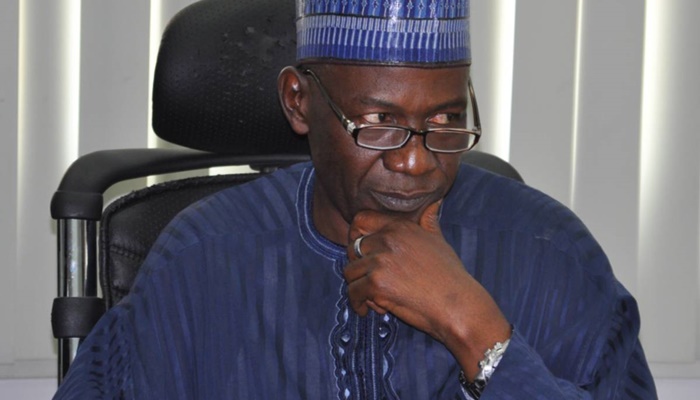
The Association of Bureaux de Change Operators of Nigeria (ABCON) is seeking friendly policies to guarantee its members’ operation in the foreign exchange market, as the Federal Government wants Bureaux de Change (BDC) trimmed to 200.
The request followed the call on the Central Bank of Nigeria (CBN) to trim down the number of BDC operators in the country from over 5,000 to about 200, thereby reducing their number by 96 per cent.
“As a self-regulatory organisation, we urge the regulators to use friendly policies that will ensure the inclusion of our operators in the sector.
“The present operators over time have acquired the necessary skills and knowledge on the operations of bureau de change and therefore have an effective pass through effect of the apex bank foreign exchange policies in the economy,” ABCON Chairman Gwadabe told media on Thursday, September 28.
At an economic policy event organised by the Abuja Chamber of Commerce and Industry on Tuesday, September 26, the Special Adviser to President Bola Tinubu on Economic Affairs, Tope Fasua, urged the CBN to consider reducing the number of BDC operators.
Fasua asserted that the high number of BDC operators made it difficult for the CBN to supervise the operators, leading to irregularities in the foreign exchange market.
He stressed that the BDCs needed to be structurally reformed to strengthen the sector, noting that it was not normal for the regulators to manage over 5,000 BDCs selling money on the streets.
“We cannot manage 5,000 BDCs. Maybe we should be looking at 100 or 200. In the United Kingdom, as a tourism destination, they had 145 BDCs the last time I checked. In the UAE, they have 130.
“So what are we doing with 5,000 BDCs? You will never be able to supervise them. How many staff would you need to look at their returns and check them? Therefore, you need large and well-established BDCs, as well as banks, to be able to fulfil the needs of the people. And then the government can be able to incentivise that market,” Fasua said.
He maintained that the foreign exchange market should be defined to achieve stability in the official market.
The naira has been depreciating sharply against the United States dollar in recent months, creating arbitrage as the gap between the official and black (parallel) market widens.
For instance, the exchange rate, which was about N462 to $1 in June, has risen to N775.31/$1 and N1,000/$1 at the official and black market rates, respectively, as of Thursday, September 28.
In a statement on September 10, the ABCON president said there was no doubt the exchange rate volatility had continued to underpin the slow economic growth of Nigeria in the past years.
He had requested the apex bank to grant BDC operators autonomy to be digitalised in line with CBN’s recent reforms.
In a later statement on Thursday, September 14, Gwadabe sought the merger of several BDC operators rather than recapitalisation of the industry.
He asserted that the recommendation was to effectively help its corporate governance and rules of engagement with the apex bank.
He pointed out that the merger option was adopted for class ‘A’ BDCs in 2007/2008, which entitled the operators to a $1 million weekly allocation with a N500 million capital base.
Gwadabe further called for a similar business model through mergers and consolidation rather than an outright review of the capital base of each operator.
He noted that each of the CBN-licensed BDCs was capitalised to the tune of N35 million and should be allowed to consolidate willingly, maintaining that the group never asked for upward review of the mandatory regulatory capital base, but a merger of at least 10 BDCs to form new capital of N350m.
Gwadabe referenced the merger of commercial banks in the 2004 consolidation exercise as an example the apex bank could adopt for the BDCs to streamline their numbers and present easily manageable operators for maximum impact in the foreign exchange market.






